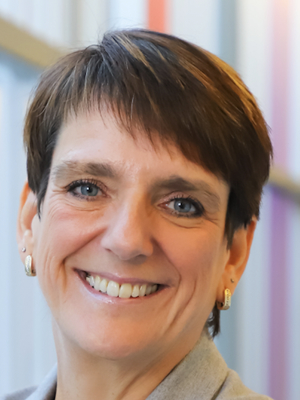Reimagining rehabilitation for SMA: Patient and family perspectives
2023
Lead investigator

Dr Jill Glennis Zwicker
University of British Columbia
Vancouver, British Columbia
Collaborators & Co-Investigators
- Kathryn Selby, MB, CHB, MRCP (Co-PI)
- Patricia Mortenson, OT, MSc
- Catherine Backman, PhD, OTR
Research Sites & Affiliations
- University of British Columbia, Vancouver, British Columbia
- BC Children’s Hospital Research Institute, Vancouver, British Columbia
Budget: $83,166
Disorders: Spinal muscular atrophy (5q-SMN)
Research Areas: Enhance Care , Amplify Research & Accelerate Knowledge
Abstract:Spinal muscular atrophy (SMA) causes severe weakness of all muscles. Until recently, it was one of the most common genetic causes of infant death. With new medical treatments, children with SMA now live, but with disabilities. Rehabilitation has always been important in the care of children with SMA. In the past, therapists used to give special equipment to children and families. Now that children with SMA can improve, rehabilitation can change to build skills. However, we don’t know what techniques are best, or what parents and children would like from therapy. Further, parents and children don’t always agree on what it is like to live with a disability or what is important to them. In this research, we will talk to people over Zoom, including parents, children and young adults with SMA, and therapists. To be youth friendly, we will invite everyone to use fun ways, such as making art and online drawings, to “create” a picture of what rehabilitation can look like. We will write out everything people say and look for patterns about what is important from different views. From what people say, the research team and patient partners will make a scheme that describes how to make rehabilitation plans for children with SMA. Our research will help make better rehabilitation plans for children with SMA. It may also help guide therapists when new medical treatments change what is possible for other conditions.
Impact:
